Press Release
Separating Families in Dire Need of Supports
New Specialist Services Launched by One Family to Meet Demand
www.onefamily.ie
(Dublin, Monday 20 October 2014) One Family – Ireland’s organisation for people parenting alone and sharing parenting – launches its Positive Parenting for Changing Families programme at a Seminar in Dublin Castle tomorrow, Tuesday 21 October, in celebration of National Parents Week which runs from 20 to 26 October.
Karen Kiernan, One Family CEO, comments: “We are pleased to launch our new Positive Parenting for Changing Families programme. Carefully researched and developed over several years, this parenting programme is expertly designed to meet the needs of people parenting alone, sharing parenting, and those going through the process of separation. We know from our national helpline and other services of the struggles that separated and other one-parent families face. Current structures do not always support them well and laws as well as services need to be updated and expert.”
“For over 40 years One Family has supported the diversity of one-parent families and we understand their needs, so we are also launching a new mediation service focussed on developing parenting plans following separation as well as individual parent mentoring services,” Ms Kiernan continues. “It is imperative to ensure that the real supports these families want to access are available as they separate, share parenting and introduce step-parents, to help ensure the best outcomes possible for children.”
Donagh McGowan, Solicitor and incoming Chair of the Law Society Family Law Committee and member of the Family Law Court Development Committee, explains: “As a family law practitioner, I have seen firsthand how family support services such as counselling, mediation and parenting programmes can benefit both the Family Law Courts and the parents themselves as they work through the difficult process of separation. Whilst the draft Children and Family Relationships Bill provides for expanded ancillary support services to courts – which is to be welcomed – what Ireland really needs is a comprehensive range of State funded ancillary services to assist families in preventing or reducing conflict arising from relationship breakdown and to support the Courts where such conflict requires judicial intervention.”
Mr McGowan will present on this topic at the Seminar on Tuesday. Other speakers include: Ms Stella Owens, Centre for Effective Services, Chair of Special Interest Group on Supporting Parents; Ms Helen Deely, Head of HSE Crisis Pregnancy Programme; and Mr Niall Egan, Jobseekers and One Parent Family Policy Section, Department of Social Protection. The panel will be chaired by Dr Anne-Marie McGauran, NESC, and One Family Board member.
Since 1972, One Family – formerly called Cherish – has been at the forefront of responding to the real needs of one-parent families and separating families, developing supports which focus on keeping children at the centre of parenting that are both practical and empowering for the families who avail of them. Full details are available on www.onefamily.ie.
The new services being launched on Tuesday by One Family are:
- Positive Parenting for Changing Families programme | A practical and positive course for parents of 2-12 year olds to build on existing skills in order to manage behaviours and development well.
- Mediated Parenting Plans | Supporting both parents during and after the process of separation to develop their own comprehensive and practical parenting plan around how they will successfully share parenting into the future.
- Parent Mentoring | Individual sessions which focus on helping parents to understand their own and their child’s behaviour, giving them the tools they need as a parent.
One Family will also announce the expansion of its parenting programmes for parents into new regions including the North-West, and new online parenting programmes which commence in January 2015. These additional services will enhance and complement One Family’s existing suite of supports for today’s families which include workshops, welfare to work programmes, counselling including crisis pregnancy counselling, and the askonefamily lo-call helpline on 1890 66 22 12.
/Ends.
About One Family
One Family was founded in 1972 as Cherish and is Ireland’s leading organisation for one-parent families offering support, information and services to all members of all one-parent families, to those sharing parenting, to those experiencing an unplanned pregnancy and to professionals working with one-parent families. Children are at the centre of One Family’s work and the organisation helps all the adults in their lives, including mums, dads, grandparents, step-parents, new partners and other siblings, offering a holistic model of specialist family support services. These services include the lo-call askonefamily national helpline on 1890 62 22 12, counselling, and provision of training courses for parents and for professionals. One Family also promotes Family Day and presents the Family Day Festival every May, an annual celebration of the diversity of families in Ireland today (www.familyday.ie). For further information, visit www.onefamily.ie.
Available for Interview
Karen Kiernan, CEO | t: 01 662 9212 or 086 850 9191
Donagh McGowan, Solicitor | via Karen Kiernan on 086 850 9191
Further Information/Scheduling
Shirley Chance, Director of Communications | t: 01 664 0124 / e: schance@onefamily.ie
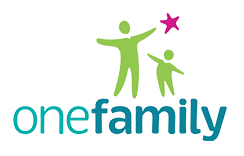
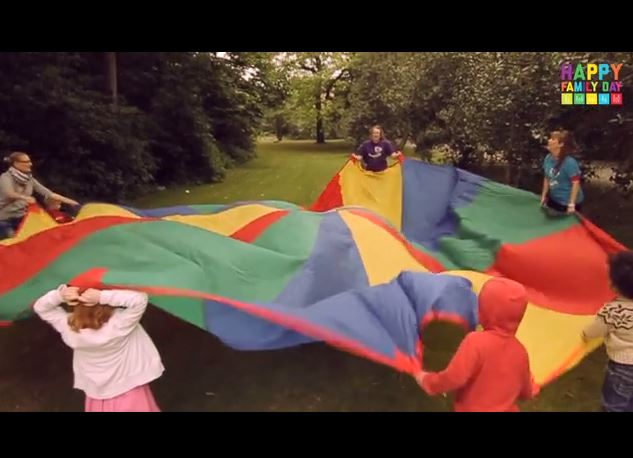


 Halloween, having its roots in the Gaelic Samhain festival, is traditionally a wonderful time for family fun and games in Ireland and in other parts of the world! As parents, we need to take precautions to ensure the safety of our children. If you are driving anywhere, remember to slow down and watch out for excited little trick-or-treaters. Following some guidelines for safety won’t take away from the fun. As part of our 10 Ways to weekly series of parenting tips, here are 10 Ways to Make Halloween Fun and Safe.
Halloween, having its roots in the Gaelic Samhain festival, is traditionally a wonderful time for family fun and games in Ireland and in other parts of the world! As parents, we need to take precautions to ensure the safety of our children. If you are driving anywhere, remember to slow down and watch out for excited little trick-or-treaters. Following some guidelines for safety won’t take away from the fun. As part of our 10 Ways to weekly series of parenting tips, here are 10 Ways to Make Halloween Fun and Safe.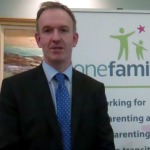

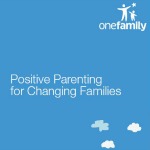

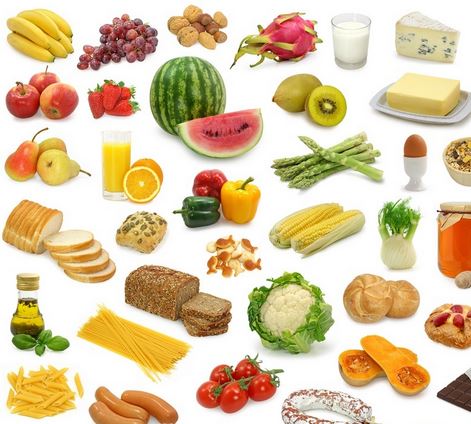 Parents often worry that their toddlers aren’t getting enough nutrition, and ensuring that they do is an important job. Toddlers are known for going through a ‘fussy’ or ‘picky’ eater stage as part of their developmental process. This week in our parenting tips series, 10 ways becomes 15 ways as we explore how parents can take steps to make sure mealtimes aren’t a battleground, our toddlers get the nutrition they need, and how to encourage them to eat.
Parents often worry that their toddlers aren’t getting enough nutrition, and ensuring that they do is an important job. Toddlers are known for going through a ‘fussy’ or ‘picky’ eater stage as part of their developmental process. This week in our parenting tips series, 10 ways becomes 15 ways as we explore how parents can take steps to make sure mealtimes aren’t a battleground, our toddlers get the nutrition they need, and how to encourage them to eat.
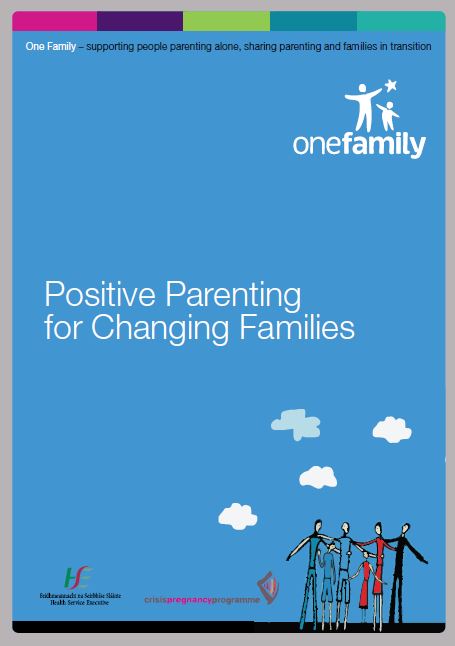 On Tuesday 21 October we present a seminar entitled Positive Parenting for Changing Families in Dublin Castle. Of particular interest to those working with children, families and/or in the sector, we will celebrate National Parents Week (20-26 October 2014) while reviewing the importance of a Positive Parenting approach with a range of experts. We will also launch our updated Positive Parenting for Changing Families manualised programme and offer the opportunity to attend free workshops on how to support diverse family situations.
On Tuesday 21 October we present a seminar entitled Positive Parenting for Changing Families in Dublin Castle. Of particular interest to those working with children, families and/or in the sector, we will celebrate National Parents Week (20-26 October 2014) while reviewing the importance of a Positive Parenting approach with a range of experts. We will also launch our updated Positive Parenting for Changing Families manualised programme and offer the opportunity to attend free workshops on how to support diverse family situations.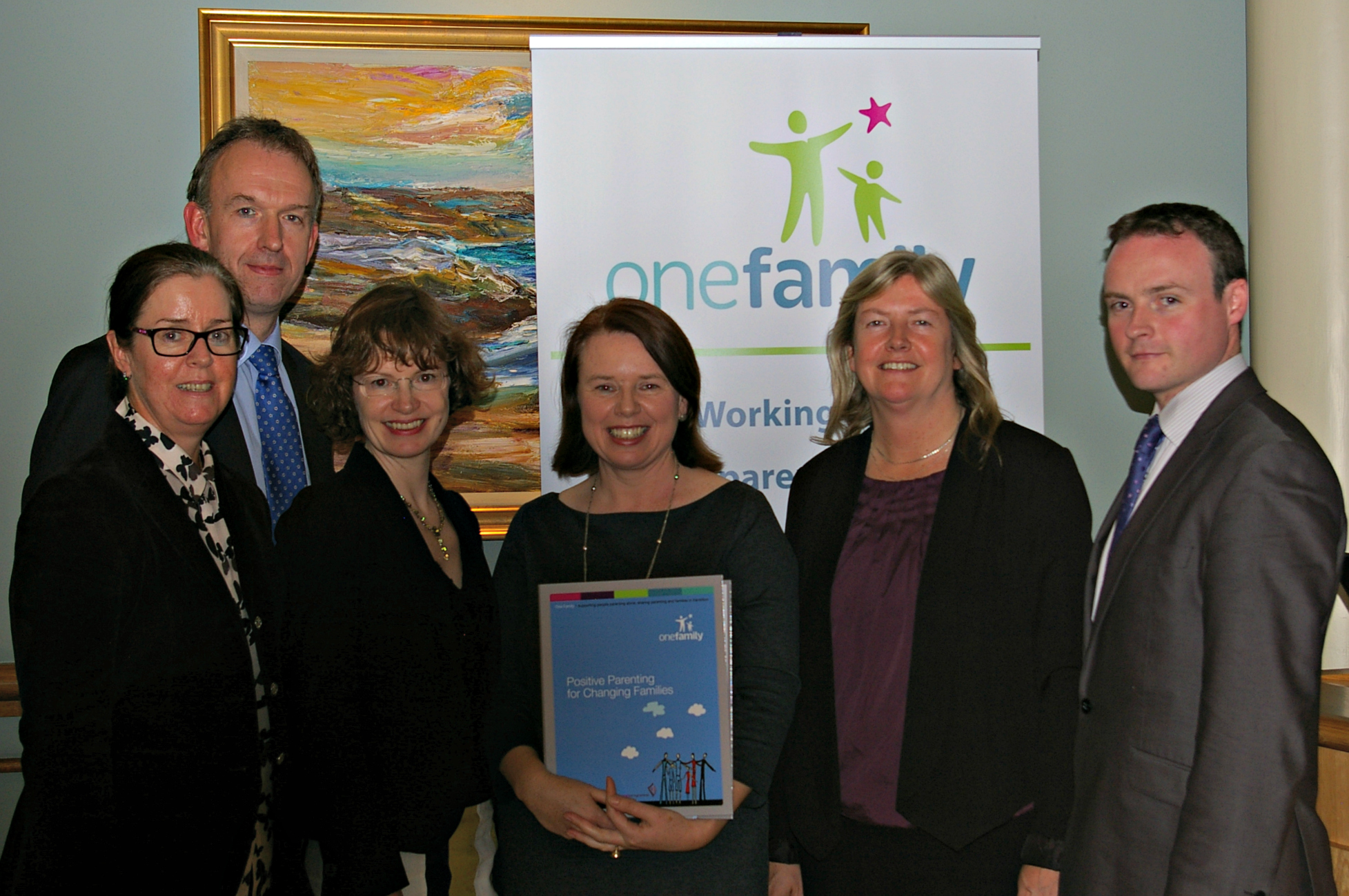

 Many young children will start to wonder about and question where they came from, sometimes triggered by meeting new friends at school or learning that new little siblings will be coming into the family, while other children may have hardly any interest in the topic. Whatever your child’s level of curiosity may be, it’s helpful to think about what your answer will be in advance so that you’re not thrown whenever the question is asked.
Many young children will start to wonder about and question where they came from, sometimes triggered by meeting new friends at school or learning that new little siblings will be coming into the family, while other children may have hardly any interest in the topic. Whatever your child’s level of curiosity may be, it’s helpful to think about what your answer will be in advance so that you’re not thrown whenever the question is asked.